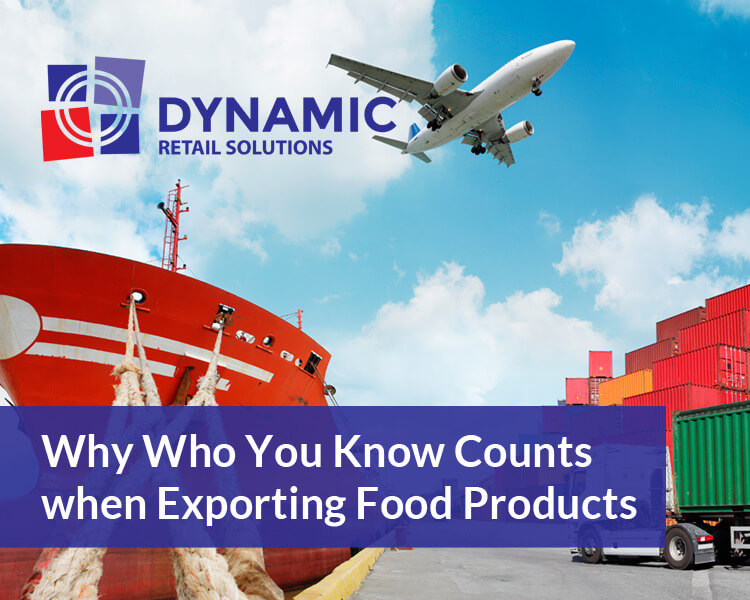Every year, hundreds of ambitious companies across Australia decide to take the plunge into international waters – exploring new markets like China and America to help supplement their growth strategy.
Exporting food products to a new consumer environment is a great way to broaden your horizons both literally, and figuratively in the business world. After all, instead of being a brand that sells home-grown Australian food in Sydney – you’re a brand that delivers the tastes of Australia to interested customers across the globe.
The only problem with exporting your products is that you need to figure out how you’re going to overcome the challenges that you’re bound to face along the way. Here, we’re going to take a look at just some of the issues that you might encounter on your way to international success – so that you can prepare for the journey ahead.
1. Language Barriers
Language problems might seem like an obvious issue when you’re selling products from Australia, to China – but it’s also something that some brands seem to forget about. It’s not enough to simply translate the features of your product for a new market, but you also need to think about how you can word the copy surrounding your project so that it translates well to a new audience.
The target country’s standards for puns, jargon, or humor might not be the same as they are in Australia – which is why it’s so important to have a broker or local liaison that can help you.
2. Marketing Barriers
Marketing options in Australia aren’t always the same as they are elsewhere across the globe. For instance, in China, you may need to focus your marketing efforts on showing the grab and go nature of your products. The reason for this is that Chinese people often prefer to have small, easy-to-carry food products than large budget-friendly options.
Research the preferences of your audience ahead of time and structure your marketing strategy around the issues that matter most to your target customer.
3. Legal Barriers
Another important matter to consider when exporting a food product abroad – is the regulations and legal issues that you’re going to need to address. You’re going to need to speak to your international broker, or liaison about things like customs laws, tax laws, importation restrictions, liability laws, and more.
One slip up could not only mean serious problems for your exportation plans – but could even lead to huge fines and losses in cash that end up bringing your entire business to a standstill. When it comes to laws and regulations, you can’t afford to take shortcuts.
4. Quality Control Barriers
Depending on where you’re planning to export your goods, you might find that some quality control barriers are particularly difficult to overcome. For instance, the quarantine laws in place within China can make it extremely difficult to export food products into the country unless you take the time that is required to put together all necessary documentation for your sale.
Make sure that you look into the quality control barriers that might impact your exportation journey long before you create a deadline to start moving products overseas. Remember that having your food items held in customs for long periods of time could essentially mean wasting money, and products.
Getting the Right Help
The best way to avoid the barriers that often show up when exporting food products to a new destination is to make sure that you have assistance from the right people. A local liaison who can help you to understand the rules and regulations of the city or country that you’re exporting to can be a good first step. What’s more, a brokerage agent with experience managing international exportation can help you to overcome the various cultural and translation problems that can arise on the road to success.
If you’re ready to go international with your product, call Jeff on 0411 243 244.

